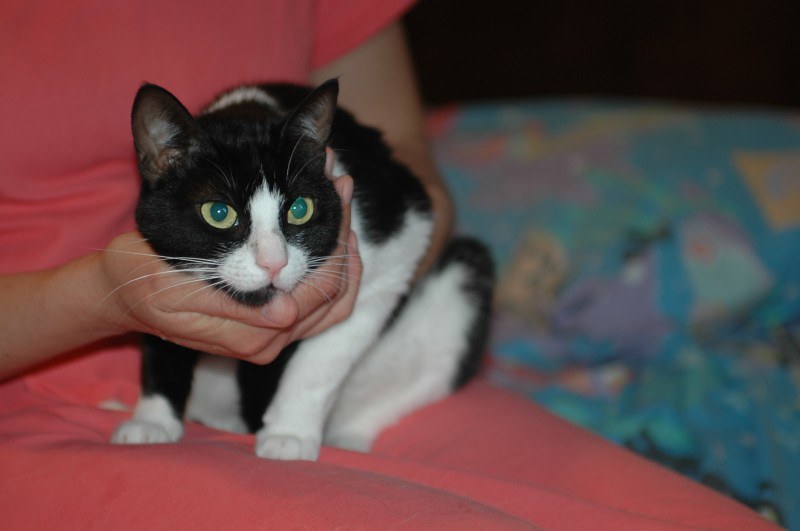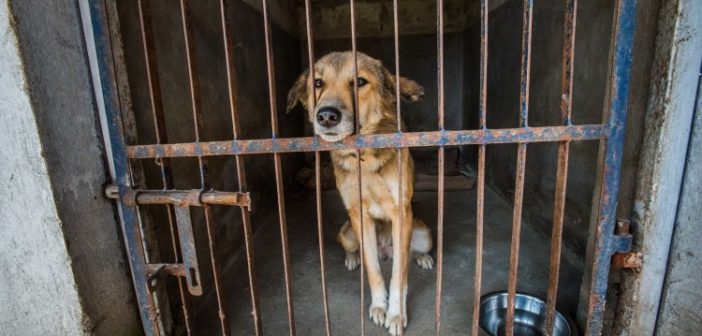One of the few positive pieces of news during the COVID-19 lockdown was that many animal shelters reported being empty for the first time ever, as people decided to adopt a pet during this time. But sadly, this situation did not last long. Shelters around the world have now reported the backlash that animal welfare organizations were so worried about: pets adopted during this time are now being returned to the shelters. In addition, existing pets are also under threat of being relinquished because of the economic situation, and many puppies and kittens who were bought online, at premium prices, during this time are being re-advertised for sale.
It seemed like a good idea at the time, to add a pet to the family when we were all stuck at home due to lockdown. But as the restrictions are being lifted in some places, and as the economic impact becomes clearer, pets have also become victims of COVID-19.

When pet acquisition is not thought through carefully, it can quickly turn into a situation where the animal suffers. This is the case with COVID-19, where many pets have been acquired to keep their new owners occupied during this time, with little thought given to how they will be cared for going forward. A pet is not just there to serve the needs of their owner, they are individuals with specific needs that need to be fulfilled. And while they often do not fit perfectly into our routines, it is up to each pet owner to adapt to make the situation work. We have a duty to care for our pets for their entire lives, not just during lockdown!
Tips to help you keep your pet during these uncertain times:
- Change in situation: If your situation changes after lockdown, consider what your pet needs, as this is also a very uncertain time for them. Is it a situation where you must go back to work and need someone to take care of your pet during the day? If so, ask your company if you can bring your pet into work, or if you can work from home (many companies are now realizing that this has benefits both for their staff and the company). Alternatively, there are doggy day-care centers, or family, friends and neighbors who may be willing to take care of your pet during working hours.
- Economic situation: A pet costs money. They need food, a bed, toys, veterinary care, etc. If you are faced with a situation where your financial situation has drastically changed, it can be hard to cope. Of course, we all hope that the economic situation will stabilize soon, but until then there are some things you can do to make the burden less stressful. For example, support is available in many countries to help you take care of your pet, such as food banks that may offer pet food. There are also charities that may be able to help with veterinary bills or short-term sheltering, depending on your situation. Do not forget to ask family and friends for help. People understand these are difficult times and may be able to help in times of need.
- Finding a new home for your pet: If you are still finding it hard to cope and need to find a new home for your pet, then first ask family and friends if they can help. It is always best to find someone you know and trust to take care of your pet. If this is not possible, then find a reputable rehoming organization, making sure that you check their rehoming and euthanasia policy before relinquishing your pet.
COVID-19 has hit us all harder than we could have imagined. Our pets give us a lot during these troubled times. They comfort us and offer us support, so it is up to us to make sure that they are properly taken care of now and into the future.
Featured image: a dog in a shelter. Image credit Jo-Anne McArthur / We Animals.





